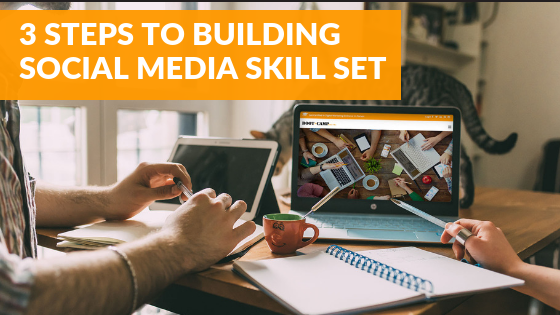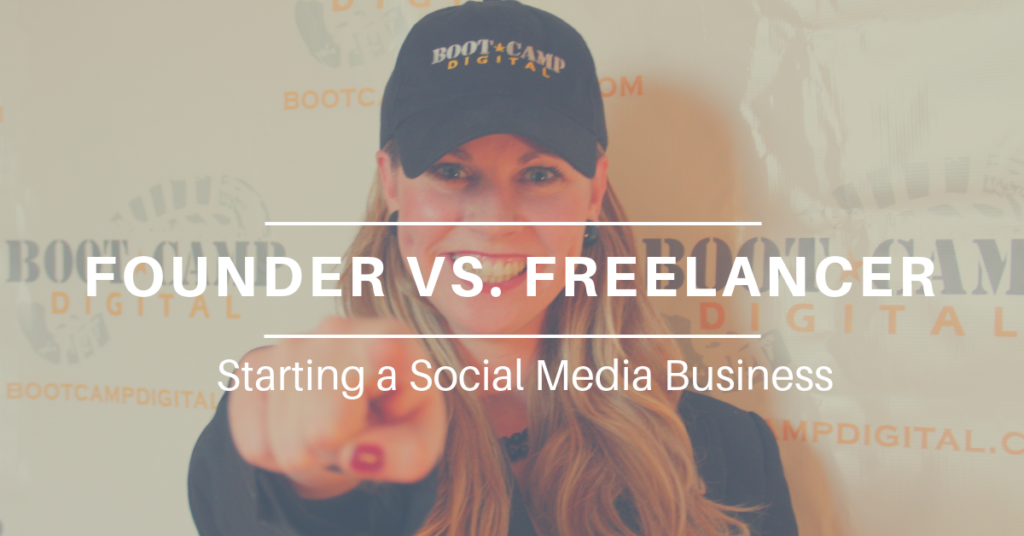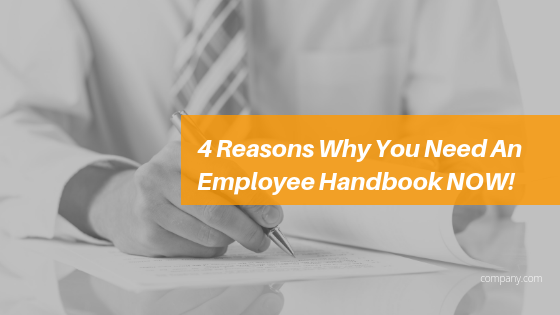The idea of having your own freelance social media business or social media marketing agency might seem exciting, but there’s one critical thing that you need to know before you get started.
You need a solid social media skill set before you start your business.
Not just a basic understanding.
Not proficiency from a user perspective. (Just because you are on Facebook every day for personal use doesn’t mean you’re an expert at using it for business success.)
You need real knowledge. You need to understand the fundamentals, strategy, execution, and analysis of social media campaigns.
A certification in social media marketing is a big step in the right direction. And you also need a plan to stay current with the ever-changing industry. Here are 3 steps to upskill and set yourself up for success as a social media marketer:
- Get Social Media Certified. Boot Camp Digital’s social media certification is 70+ hours of online digital marketing classes. Most people earn their certification in 30 days or less.
- Keep up with trends. With access to the right resources you can keep up with the latest and greatest social media news by spending only about an hour per month. Boot Camp Digital has a Digital Marketing Insiders Group for social media pros to stay up-to-date.
- Sharpen your skills. Be active on social media for your own brand, work on client projects, and if you’re just starting out in social media consider taking on a pro-bono or low-fee client to build your portfolio. This can take as much time as you have to dedicate to it.
If you’re smart about planning, you can build a skill set that starts out strong and improves over time. What are you waiting for?




